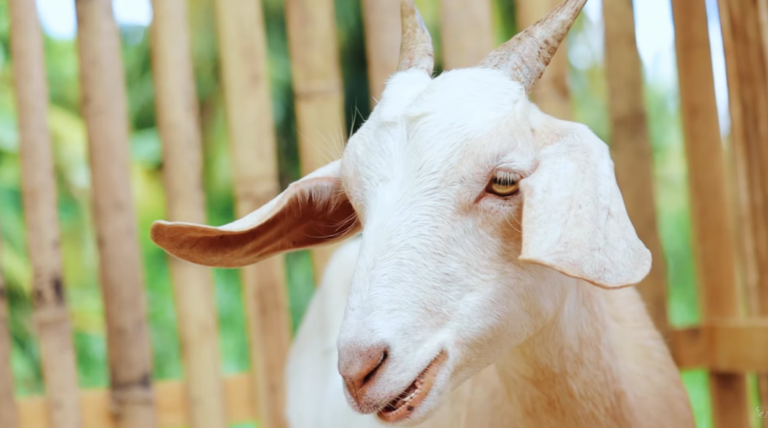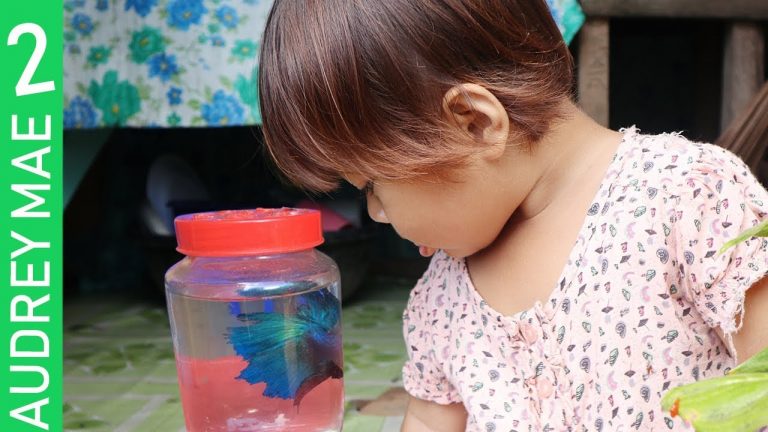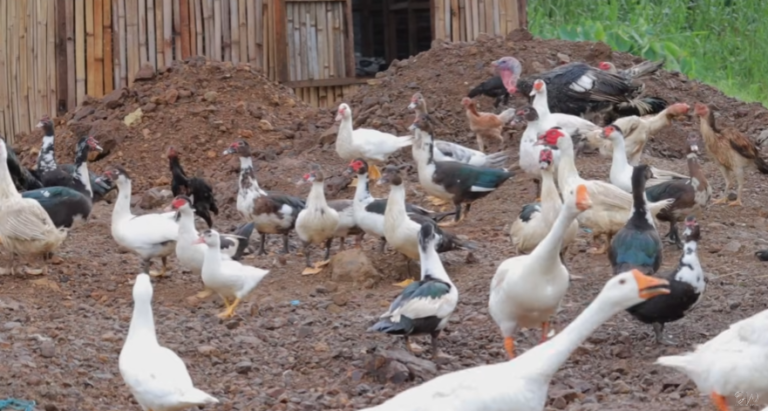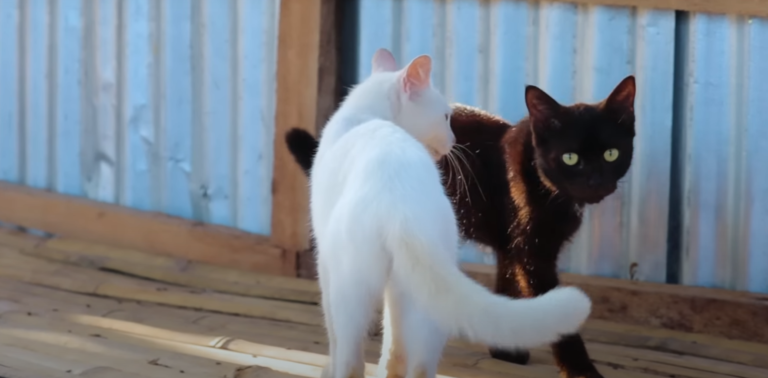Dexter’s World: Embracing Free Range Farming with Innovation
Hello, everyone! Welcome back to Dexter’s World. Today, I am thrilled to delve into a topic close to my heart – Free Range Farming. This practice, which allows animals to roam freely outdoors, has always intrigued me. However, I’ve come to realize that the concept of 100% free-range farming is somewhat of a myth. Let’s explore why and how we’re innovating within this framework to create a sustainable and ethical farming environment.
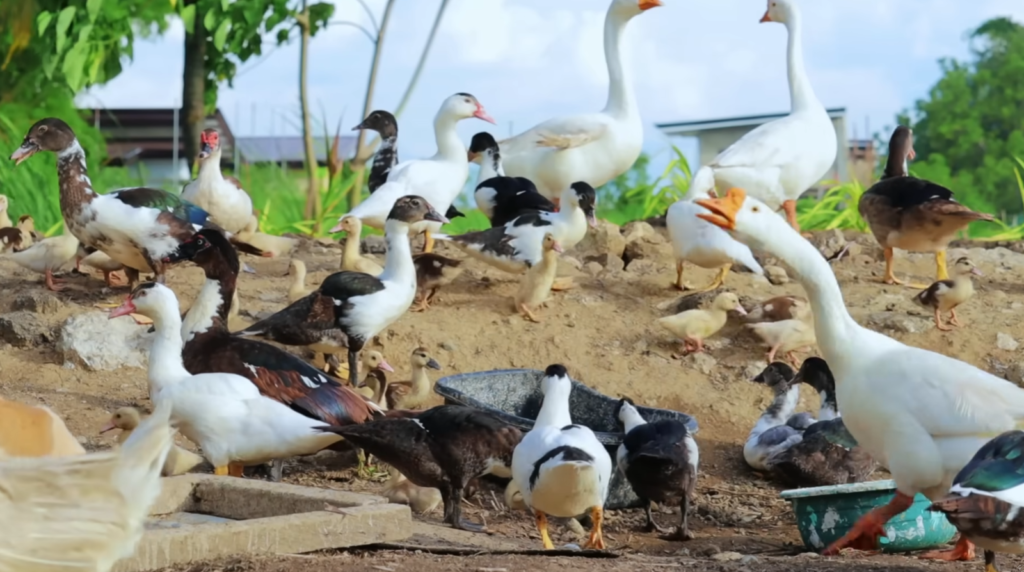
The Myth of 100% Free Range Farming
In my experience, the idea of completely free-range farming is not entirely feasible. Why? Because environmental factors, such as weather conditions, play a significant role in the well-being of our animals. For instance, during rainy days, it’s not advisable to let chickens or goats roam freely as they can get soaked and fall ill. Thus, while we strive for freedom and natural living conditions for our farm animals, there are times when we need to intervene for their safety.
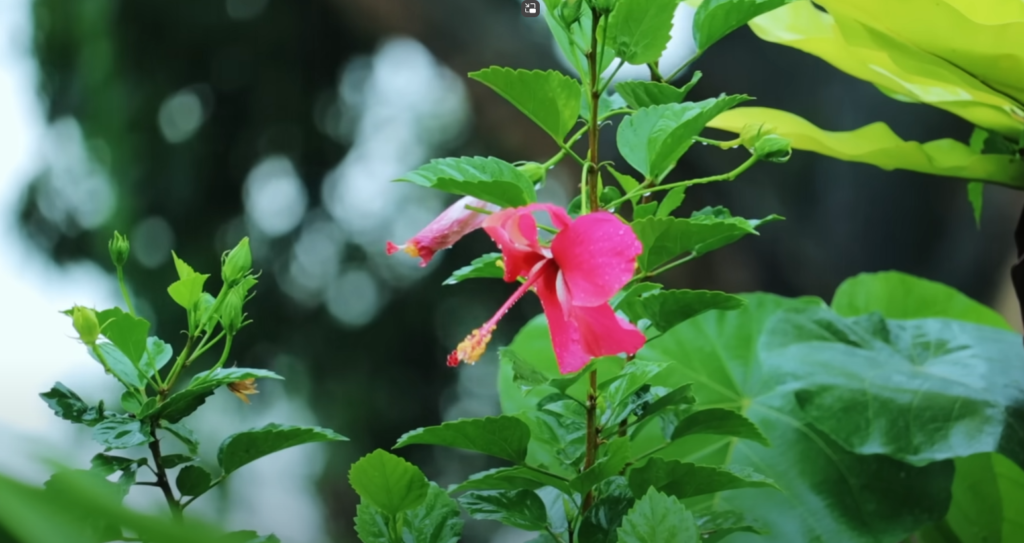
Sheltered Comfort: Our Approach to Free Range
Recognizing the limitations of traditional free-range farming, we’ve been working on creating a hybrid model. Our goal is to offer the animals as much freedom as possible while ensuring their safety and comfort. For example, we’re in the process of constructing a spacious goat house that can accommodate over 40 goats. This shelter will protect them from adverse weather and predators, providing a safe haven when they can’t be outside.
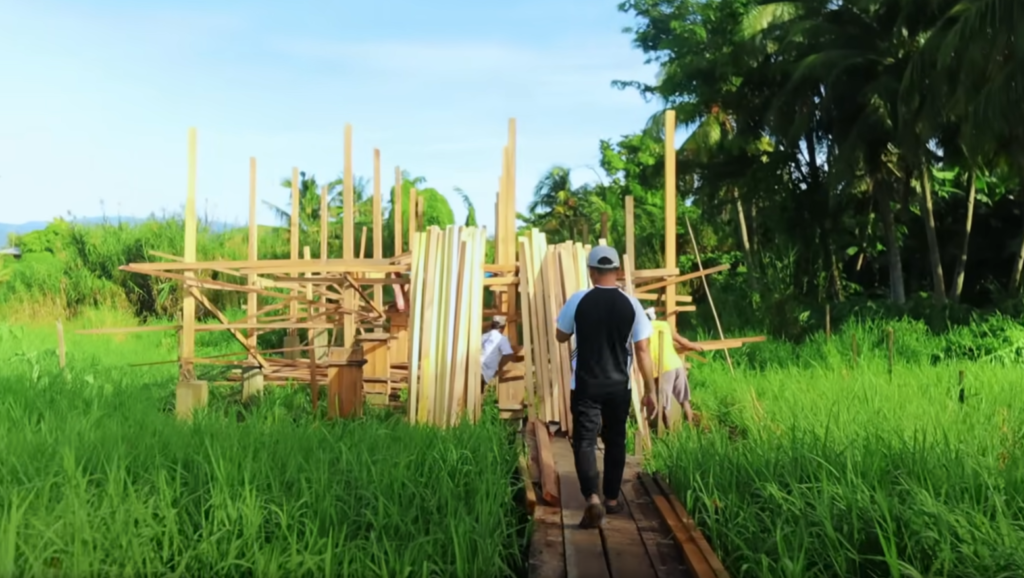
Sustainable Feeding Practices
Another aspect of our free-range farming innovation is our approach to feeding. We’re exploring the possibility of pelletizing hay mixed with other nutritious ingredients like corn bran, soybeans, and organic azola. This method will allow us to sustainably feed our goats, especially during times when they can’t graze on fresh grass due to flooding or other environmental challenges.
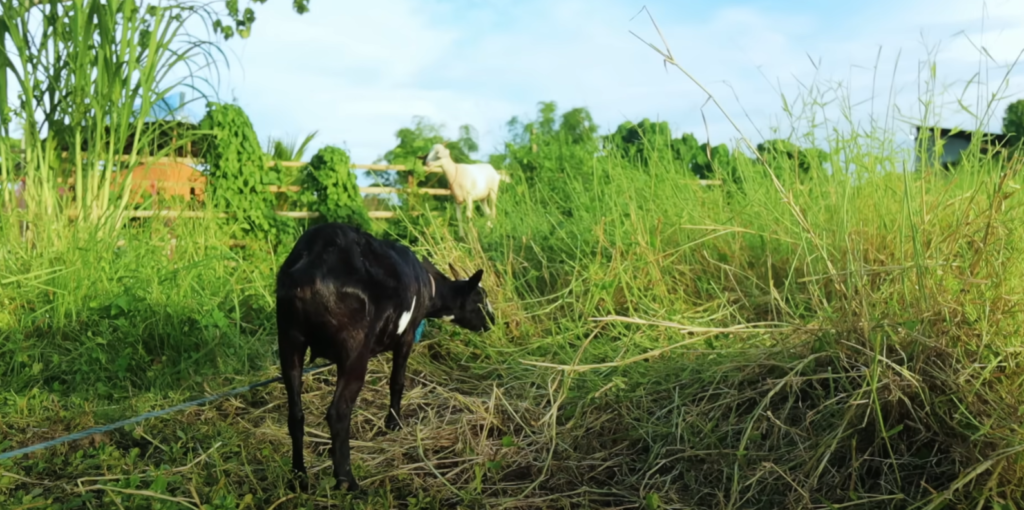
Vegetable Farming Integration
Not to be overlooked is our venture into vegetable farming, which complements our livestock projects beautifully. With just a few plant boxes, we’ve managed to produce an impressive yield of white squash, hinting at the vast potential of integrating crop farming with our free-range practices. This not only diversifies our farm but also contributes to food security and sustainability.
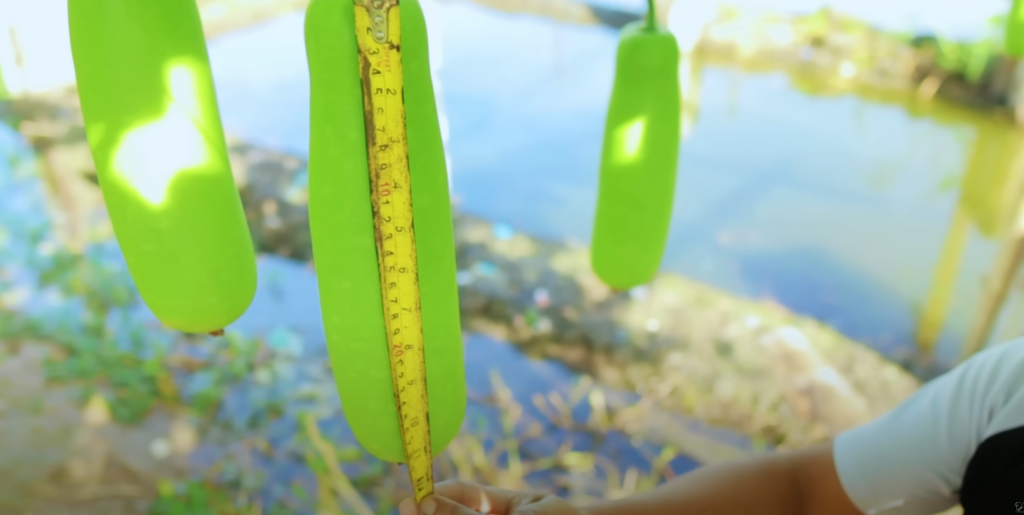
Breeding Season: A Time for Growth
Breeding season offers us an opportunity to further our commitment to ethical farming practices. By selecting pregnant catfish and giving them a rest period before breeding, we ensure their well-being throughout the process. This careful and considerate approach to breeding underlines our dedication to the health and happiness of our animals.
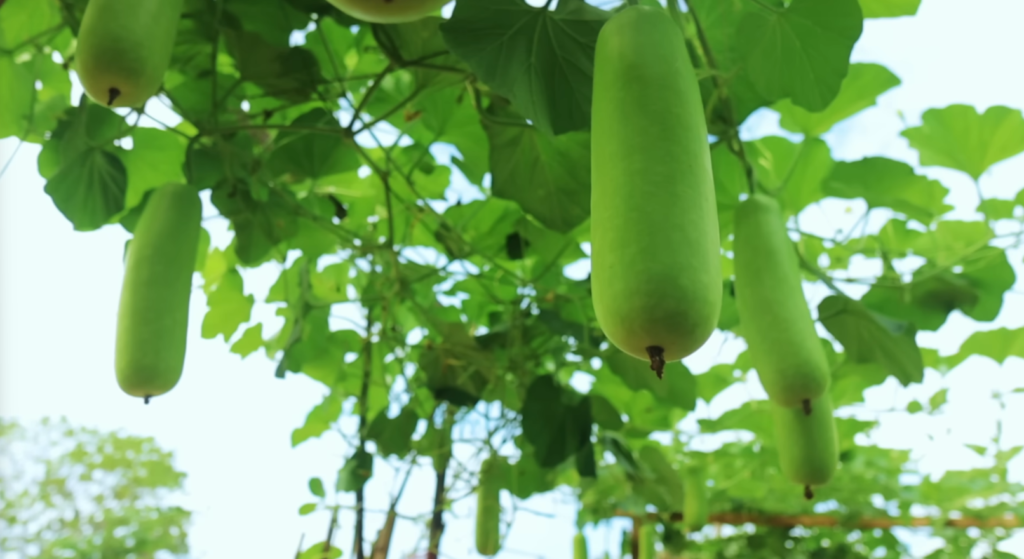
Looking Forward: A Vision for the Future
Our journey towards creating a sustainable and integrated farm is ongoing. From constructing shelters for our goats to innovating in vegetable farming and fish breeding, every step we take is geared towards a future where free-range farming is both practical and beneficial for all involved. We envision a farm where visitors can come to learn, animals can thrive in their natural habitats, and the land can produce bountifully.
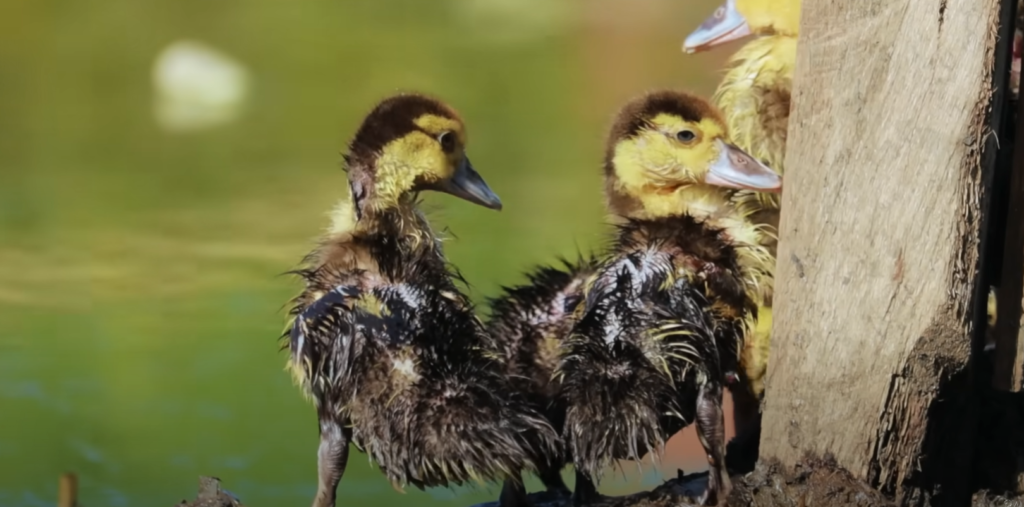
As we continue to navigate the challenges and opportunities of free-range farming, we remain committed to innovation, sustainability, and the well-being of our animals. Thank you for joining us on this journey. Together, we can make a positive impact on the world of farming, one step at a time.
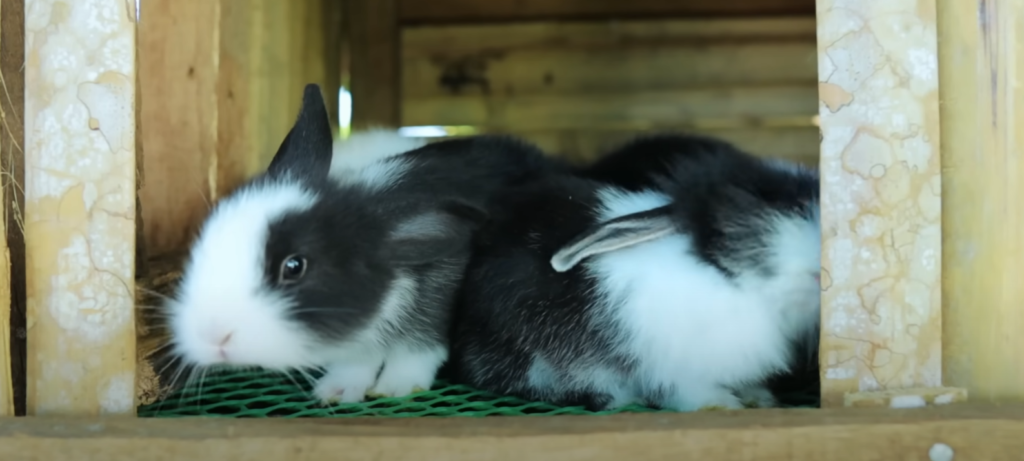
Stay tuned for more updates from Dexter’s World, where we’re not just farming – we’re building a legacy of sustainable and ethical agriculture.
Thank you for your support and encouragement. Let’s continue to explore the possibilities of free-range farming with a modern twist, here at Dexter’s World.


